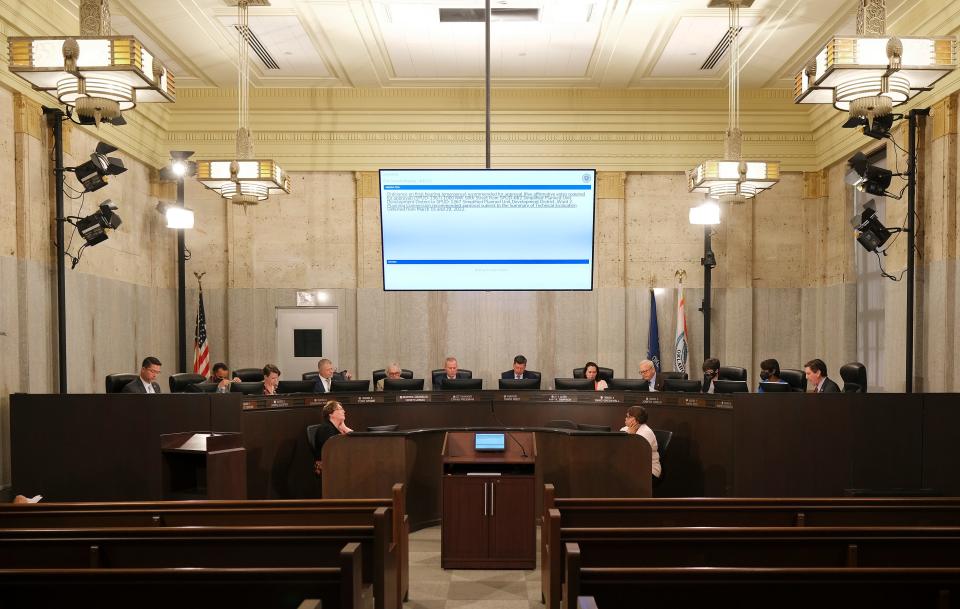Guest: MAPS 4 funds could have significant impact for Oklahoma City's homeless
Our city is on the cusp of an investment that will change the lives and futures of thousands of people. Oklahoma City has over 20,000 families on a waiting list for subsidized housing and as of March 17, 2023, we have 1,339 people experiencing homelessness.
The devoted staff at our respective agencies witness each day the need for more housing and the impact that our shortages have on the lives of people on waiting lists. The Point in Time survey conducted each year provides organizations like ours, the Homeless Alliance, Mental Health Association Oklahoma, Pivot Oklahoma City and the Oklahoma City Housing Authority (OCHA), with data and demographic details to better understand our community’s needs for housing and services.
In 2019, Oklahoma City residents voted to fund MAPS 4. Addressing homelessness was identified as a high priority and "Homelessness" was included in the list of proposed projects to be funded by our temporary penny sales tax.

Our four agencies have partnered consistently over the past decade and formally came together when the city sought applications for the MAPS 4 Homelessness operator. Oklahoma City Housing Authority’s proposal, with Homeless Alliance, Pivot and Mental Health Association named as partners, combines the experience of the top agencies that provide housing and supportive services for persons experiencing homelessness and most vulnerable populations in our community: youths, elderly, veterans, disabled and those with mental health or substance use challenges. The very populations that our residents prioritized in MAPS 4.
We have a history of collaboration using a “housing first” model to serve those who are unsheltered or at risk of becoming homeless. With the basic need met for a safe, affordable place to live, people are better positioned to maintain employment, seek out resources and allow children to better succeed in school. In other words, housing is one of the first things people must have to create a better future for themselves and their families.
The currently available low-income housing is on average 50 years old. Federal funding for repairs and improvements has been significantly cut over the past several decades, leaving much of our public housing in desperate need of repairs and maintenance.
The projected $55.7 million that will be distributed via MAPS 4 will significantly impact our unhoused neighbors: the 1,339 people experiencing homelessness, the 7,500 people currently utilizing public housing and the over 20,000 families on a waiting list.
With our shared mission to serve those experiencing homelessness and ensure housing for the most at risk, we look forward to the opportunity to partner with Oklahoma City Housing Authority as the MAPS 4 Homelessness operator. This week’s city council vote is an important step to providing our community with much needed support and resources.

Dan Straughan is executive director of Homeless Alliance; Terri White is CEO of Mental Health Association Oklahoma; Jennifer Goodrich is the president and CEO of Pivot; and Mark Gillett is executive director of Oklahoma City Housing Authority.
This article originally appeared on Oklahoman: Oklahoma City's homeless could benefit from MAPS 4 funding

